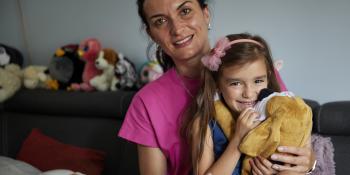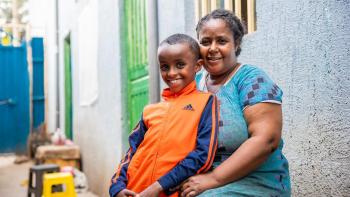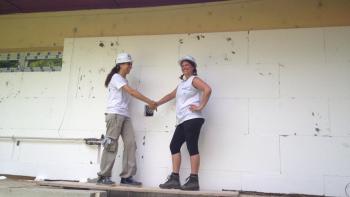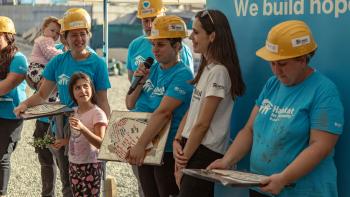
Stories from Europe
Decent housing is a foundation for anyone to have a prosperous life. Land and property values, and rents have been going up recently. As a result, more and more people in Europe face problems finding a decent place to live.
To lower housing costs, we help make homes more energy efficient. It helps reduce energy poverty and minimizes climate change. We also advocate for accessible and affordable housing on local, national and international levels.


